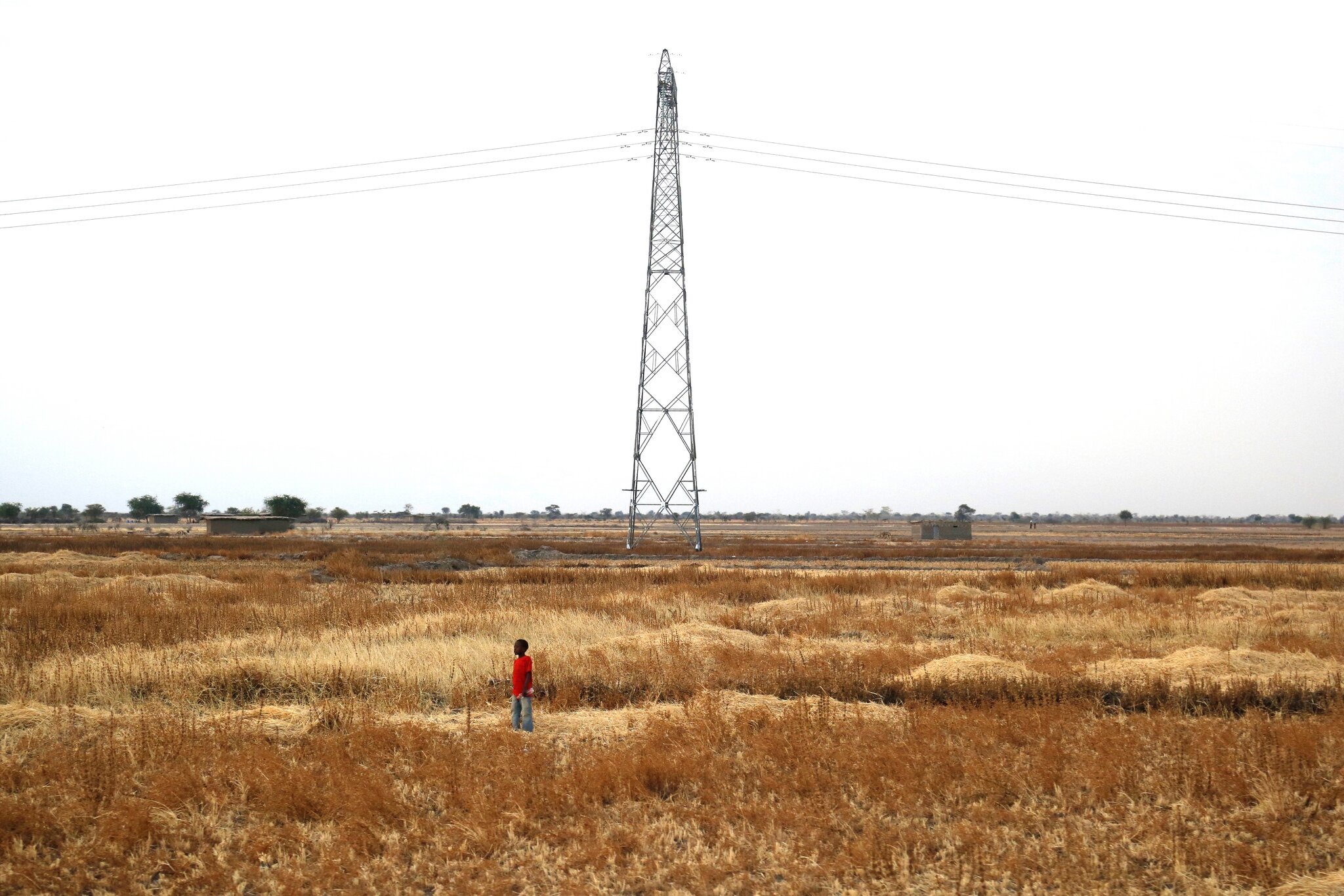Will renewable energy bury Africa’s potential billions from oil?
African nations are embracing the drive toward economic development, and expansion of energy access plays a key role. Can they benefit from their rich fossil fuel resources while also committing to a sustainable energy future?

Endowed with rich natural resources, countries across the African continent, more than ever before, have embraced the drive toward economic emergence. Experts say, however, that access to energy amidst challenges is paramount to achieving this goal.
“By and large, there is a shift in development efforts in many African countries, but these would have worked better with improvement in energy access,” said Taha Selim Ustun, assistant professor of electrical and computer engineering at Carnegie Mellon University in Rwanda, during April’s OpenAccess Energy summit in Waterloo, Ont.
Conscious of these energy shortfalls, representatives of Africa took a strong stand at COP21 in Paris in December 2015, expressing the continent’s need for energy expansion and the minimization of the detrimental effects of climate change. Since then, efforts to improve the continent’s energy supply have continued to multiply, the many challenges faced notwithstanding. Experts say Africa can no longer lag behind.
“The world is moving to a low-carbon global economy, where the future belongs, and Africa cannot be indifferent. The trend is to invest in ways to make our homes, cars and workplaces more efficient, and to get more clean power from renewable sources like the wind and sun,” said Søren Hermansen, director of the Energy Academy in Denmark, at the OpenAccess summit.

Here is the good news. The dawn of renewable energy is bringing significant changes into the lives of the population in many African countries, especially in rural areas. This is coming at a time when there is also a boom in the extractive industries in many of these countries, especially in the oil sector (fossil fuel deposits). These fossil fuels consist of gas used for cooking and heating, oil that is mainly used for transport, and coal used to generate electricity.
According to PwC, the world’s leading advisor in the energy sector, six of the top 10 global discoveries in the oil sectors in 2013 were located in Africa. Increasingly, many companies are currently exploring deposits in different African countries, like Cameroon. This means billions of dollars for much-needed development and economic growth, as well as job creation, experts say.
“These discoveries are cardinal for development in Africa. It means a lot of money, trillions of dollars, that will pave the way for investment projects for economic growth, job creation and, fundamentally, poverty alleviation,’’ says Professor Emmanuel Yenshu Vubo, sociologist and development actor from the University of Buea, Cameroon.
"The world is moving to a low-carbon global economy, where the future belongs, and Africa cannot be indifferent."
But the bad news is that the drive toward these extractive industries is posing a big threat to the population. According to scientists, fossil fuels account for over 60 per cent of dangerous greenhouse gases causing global warming.
Scientists say fossil fuels should remain untapped if the global target to keep temperatures below 2 C is to be reached.
“We’ve now got tangible figures of the quantities and locations of fossil fuels that should remain unused in trying to keep within the 2 [C] temperature limit,” explains Christophe McGlade, a researcher at University College London, who led new research published in the journal Nature.
During COP21, U.S. Secretary of State John Kerry stressed that the call to get rid of fossil fuels was meant for all nations without exception.
“If the developed nations somehow eliminated all domestic greenhouse gas emissions, that still wouldn’t be enough to offset the carbon pollution coming from the rest of the world. If all the industrialized nations went down to zero emissions, it wouldn’t be enough – not when more than 65 per cent of the world’s carbon pollution comes from the developing world,” said Kerry. “Of course industrialized countries have to play a major role in reducing emissions, but that doesn’t mean that other nations are just free to go off and repeat the mistakes of the past.
“I know this is difficult for developing nations, but we have to remember that today more than half of global emissions are coming from developing nations,” he added.
But African civil society organizations under the Pan African Climate Justice Alliance (PACJA) disagree with this position, pointing out that it would be an injustice to deprive Africa from using its resources for development.
The group, which acts as a watchdog for the continent at international climate talks, has been calling for fair treatment from the international community to make the fight against climate change more effective in Africa.
"You cannot deprive Africa from investing in its oil resources after all developed countries have done so over the years,” says Augustine Njamnshi, head of the Cameroon chapter of PACJA and coordinator of Bioresources Development and Conservation Programme Cameroon. “That will be unfair to the African economy. If you look at the 1994 Kyoto Protocol, there is the principle of common but differentiated responsibilities and also the concept of historical responsibilities. If people have contributed less to a problem and are suffering the most, that is inequity."
"You cannot deprive Africa from investing in its oil resources after all developed countries have done so over the years."
“Fossil fuels have remained critical to promoting prosperity, growing economies and alleviating hunger for many years in developed countries. Now is the turn for Africa to take the relay,” says Njamnshi. “I think even with the coming of renewable energy, traditional energy sources … like oil will remain a significant part of the global energy mix for the foreseeable future.”
Comments like these underline the disconnect between the apparent support for a global target of well below 2 C by some countries in both the developed world and Africa and the lack of policies to get their economy free from the fossil fuel age.
Njamnshi suggested this would be the status quo.
“It is a fact that energy is the mainstay of our respective countries’ economic growth and underpins the fight against poverty,” he says. “Our investments in Africa to create and supply energy, both fossil fuels and renewables, have long lifespans.”
